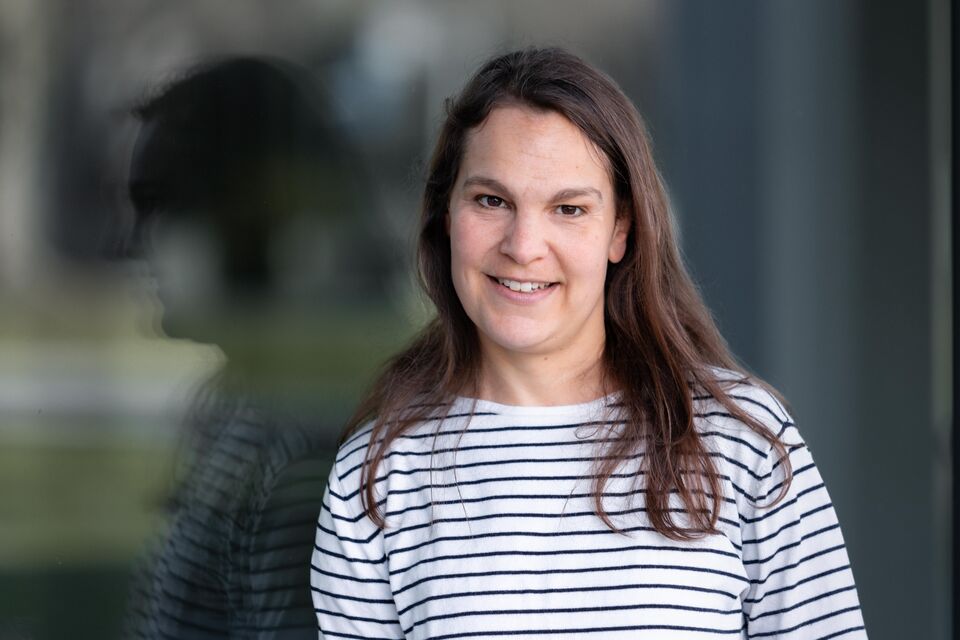
Budgeting correctly: tips for orderly finances
Do you want to save for a trip, pay off your debt or get your monthly expenses under control? In this article, you'll learn why budgeting is essential at home. To make budgeting easier for beginners, we are introducing the six-pot model, envelope budgeting, and other proven approaches.
"I never thought life would be so expensive!" This is often said by young people who are standing on their own two feet financially for the first time. Because when you start your career, your salary is usually at the lower end of the scale. But even higher wages can run through your fingers like sand. "Accounting isn’t really my thing." You’re not alone in that. Nevertheless, our recommendation is to draw up a budget – not just when finances are tight.
What is budgeting and why is it so important?
At home, budgeting is an important pillar of personal accounting. In companies, budgeting is part of the controlling area.
- In the budgeting process, income and expenditure are analyzed and compared.
- The result of budgeting is a budget plan or budget. It specifies how much money is available for which areas.
- The aim of budgeting is to avoid liquidity bottlenecks in the short term and to achieve long-term financial objectives.
Advantage 1: You have an overview
Smart budgeting gives you control over your finances. Thanks to budgeting, you know what you’re spending your money on. You learn to estimate your cost of living realistically. And you consciously decide where, how and why you want to save.
Advantage 2: You avoid bottlenecks
Good budgeting of your household and day-to-day life also takes account of irregular expenses. Thanks to wise foresight, you can react in good time if things turn out differently than planned. In addition, reserves give you financial security for unforeseen circumstances – and let you sleep peacefully.
Advantage 3: You gain financial freedom
Continuing your studies, a long-awaited trip, or your first car: dreams cost money and are a good example of how important budgeting is in everyday life. By setting aside a certain amount on a regular basis, you will steadily get closer to your goal.
Budgeting for beginners: how do I budget correctly?
Good budget planning, whether for beginners or professionals, always needs a solid foundation. You should firstly get a clear picture of your income and expenses. Revenue is generally collected quickly. It gets a little trickier when it comes to expenses.
Work out annual expenses
First of all, collect those budget items that you rarely deal with and are often forgotten as a result, such as annual premiums, taxes, vehicle service, etc. See how much you've spent on these items in recent years. Divide by twelve – that’s how much money you should set aside every month. The aim is for everything to add up at the end of the year.
Record daily needs
Write down every expense for a while – even those that seem ridiculous to you, like a cup of coffee on the go. It's amazing how tiny amounts can add up to significant budget items. All the more so over a longer time horizon.
Categorize expenses
Distinguish between fixed and variable expenses and divide them into categories. The following 12 areas are typical for a comprehensive budget.
Monthly fixed costs (or high fixed portion)
- Accommodation costs: rent, ancillary costs, electricity bill
- Insurance: health insurance and other insurance policies
- Mobility: car, motorcycle, public transport
- Communication: mobile phone, Internet, TV/streaming
Monthly variable costs
- Household: food, toiletries, other
- Health: doctor/dentist, therapies, medication
- Leisure: sports, hobbies, going out
- Personal: clothing, hairdresser, gifts
Annual expenditure
- Taxes: state and municipal taxes, federal tax
- Vacations: travel expenses, accommodation, activities
- Training and continuing education: studies/courses, specialist literature, examination fees
- Savings: reserves, pensions (Pillar 3), individual savings goals
Please note: If you're in debt, be sure to include interest and repayments in your budget!
What tools and methods are available for budgeting?
There are many ways to keep your budget under control – even if you have to make do with not much money. Below we present three popular classics.
Budget plan according to the 50-30-20 rule
If you want a simple rule of thumb for orientation, look at the 50-30-20 principle. Income is divided into three areas: 50 percent for necessary expenses such as rent, food and insurance, 30 percent for personal wishes such as leisure activities, i.e. travel, eating out or hobbies etc, and 20 percent for reserves and savings goals.
Budgeting with the six-pot model
The six-pot model is a simple but effective way of structuring your budget in a meaningful way. Monthly income is divided into six virtual "pots" – each with a clearly defined purpose: standard of living, financial freedom, education, reserves, fun and donations. This not only improves the overview of outgoings, but also promotes a healthy balance between saving, investing and enjoyment. This model is particularly suitable for people who want to use their money in a more planned way and pursue their financial goals in a targeted manner.
Envelope budgeting
Envelope budgeting may seem a little old-fashioned, but it can help when finances are tight. This is done by dividing the available cash into different envelopes for specific categories of expenditure. If an envelope is empty, nothing can be spent in this area. This method ensures discipline and makes spending visible. It will prevent your account from emptying without you noticing it.
Budget planning with digital budget apps
You will find numerous apps, including free ones, using keywords such as household book or budget planner. Using an app for budgeting can have various advantages:
- Your mobile phone is always with you – uncomplicated recording of expenses
- Automatic categorization – no manual allocation of amounts
- Current overview – you always know where you stand
- Visualizations – diagrams make trends visible
- Shared account – enables collaboration within the same household
What are common budgeting errors?
Inaccuracy, lack of flexibility, and hiding debts are some of the typical pitfalls in budgeting. But these mistakes can be avoided.
Mistake no. 1: Only budgeting roughly
If you’re serious about a budget plan, you can be really fussy for once. A rough budget gives you an overview, but it’s almost useless in everyday life. To limit spending, achieve savings goals and stay motivated, you need a realistic, well thought-out and accurate budget.
Mistake no. 2: Not adjusting your budget
Flexibility is particularly important in budgeting, as life rarely goes according to plan. Unexpected deviations can quickly confuse the budget. That’s why you should check your budget regularly. It’s best to have a fixed deadline every two or three months. This allows you to recognize at an early stage if an adjustment is needed.
Mistake no. 3: Ignoring debt
Unfortunately, debt does not disappear by looking away. Be sure to include debt interest and repayments in your budget plan. No matter how long it takes, continuously paying off your debt will make the mountain smaller. This is how you approach your financial independence step by step.
Conclusion
It doesn’t matter whether you budget with a lot or a little. It’s important that you have a well-thought-out budget plan and budget regularly. This way you gain financial security, even if you don't have much money. Now is the best time to start budgeting – for a better overview, less stress, and a good feeling at the end of the month.







